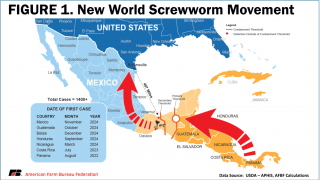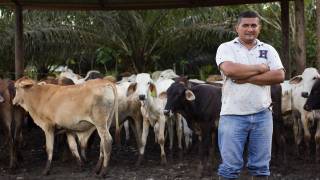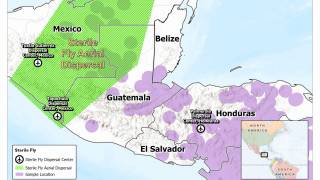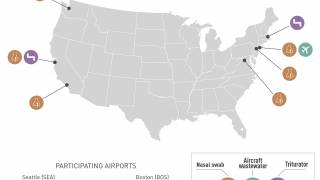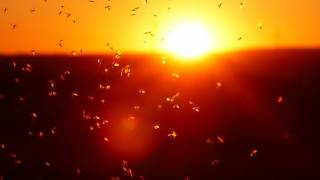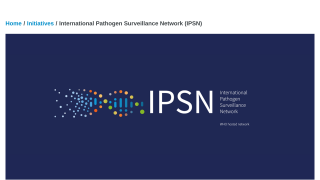Arboviruses are Some of the World’s Most Dangerous Mosquito-borne Illnesses
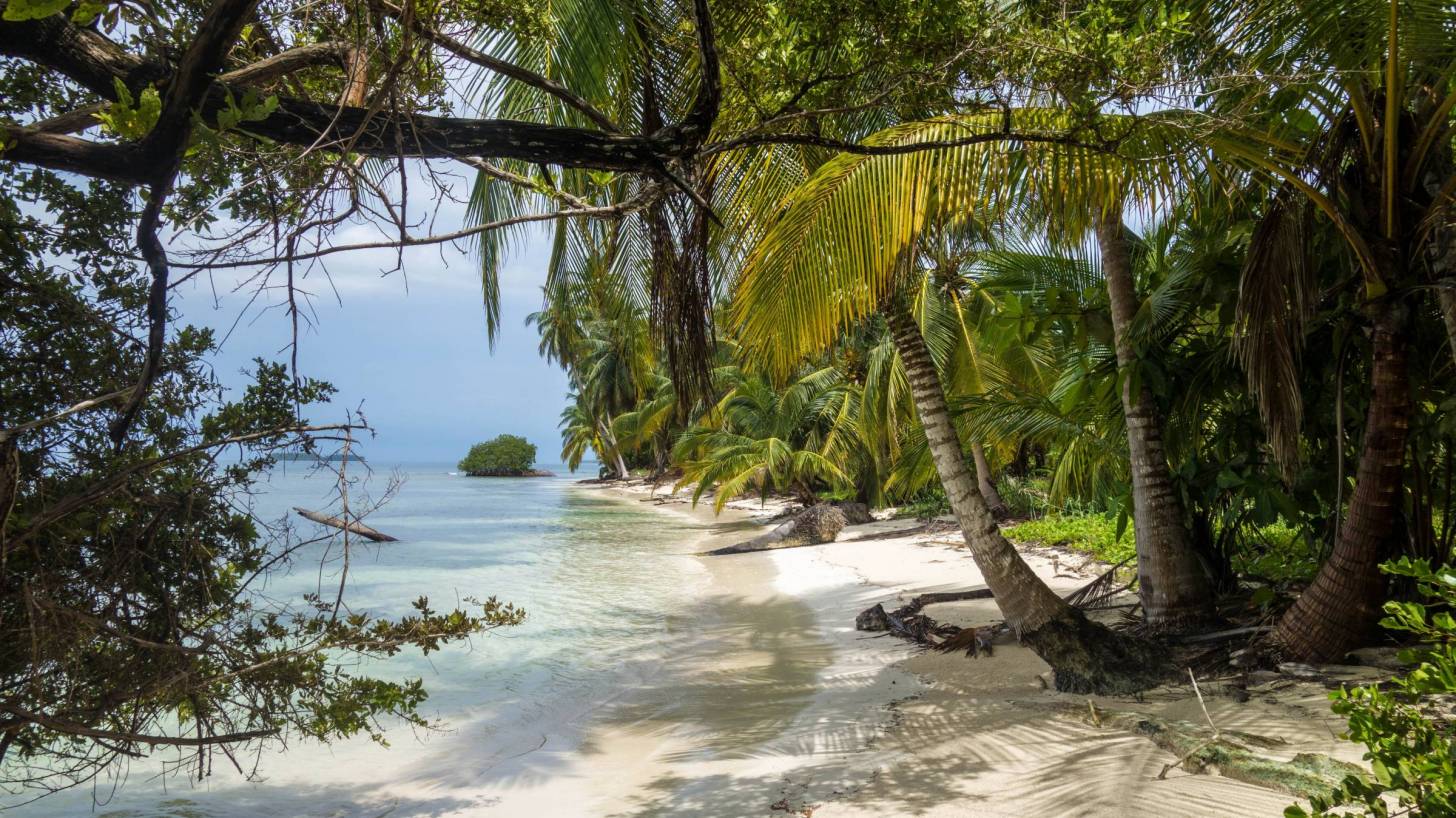
The most common Arthropod-Borne viruses (Arboviruses) are, in fact, some of the world’s most dangerous mosquito-borne illnesses, such as Dengue, Yellow fever, Chikungunya, and Zika.
In fact, arboviral outbreaks are increasing worldwide, according to the World Health Organization (WHO).
Every year, dengue fever infects 390 million people in the 130 countries where it is endemic. It can cause hemorrhagic fever and death.
Yellow fever poses a high risk of outbreaks in 40 countries and causes jaundice, severe hemorrhagic fever, and death.
Chikungunya is less well-known, but it is present in 115 countries and causes severe and joint-disabling arthritis.
The Zika virus gained worldwide notoriety in 2016 when it was found to cause congenital disabilities such as microencephaly. However, Zika has been detected in at least 89 countries and remains a hidden risk to many people.
The UN recently confirmed that international action is essential, given that the “frequency and magnitude of arboviruses outbreaks’ are alarming.
In response, health leaders are taking action.
The Global Arbovirus Initiative is a collaborative effort between the World Health Emergencies Programme, the Department of Control of Neglected Tropical Diseases, and the Immunization, Vaccines and Biologicals Department.
Dr. Mike Ryan, head of the WHO’s Emergency Programme, explained in a related UN media release issued on March 31, 2022, that the Global Arbovirus Initiative would concentrate resources on risk monitoring, pandemic prevention, preparedness, detection, and response.
“For each of these diseases, there have been gains in different aspects of surveillance response, research, and development,” he stated.
“But sustainability is often limited to the scope and duration of disease-specific projects, particularly those transmitted by Aedes mosquitoes.”
“There is an urgent need to re-evaluate the tools at hand and how these can be used across diseases to ensure an efficient response, evidence-based practice, equipped and trained personnel, and engagement of communities.”
An essential aspect of the WHO’s plan is to build the capacity to deal with arboviral pathogens at front-line health centers and the regional and global levels.
“WHO stands ready to lead and support these strategic pandemic preparedness plans and build a global coalition of countries and partners to tackle the increased risk posed by these pathogens,” Dr. Ryan insisted.
Although there are protective vaccines for Yellow fever (YF-Vax) and dengue (Dengvaxia), the best protection is to prevent mosquito bites in the first place, said the WHO’s announcement.
The good news is that several vaccine candidates are conducting human clinical trials for these diseases. Insights into these vaccines are found in the PrecisionVaccinations library.
PrecisionVaccinations publishes fact-checked research-based news.
Our Trust Standards: Medical Advisory Committee

